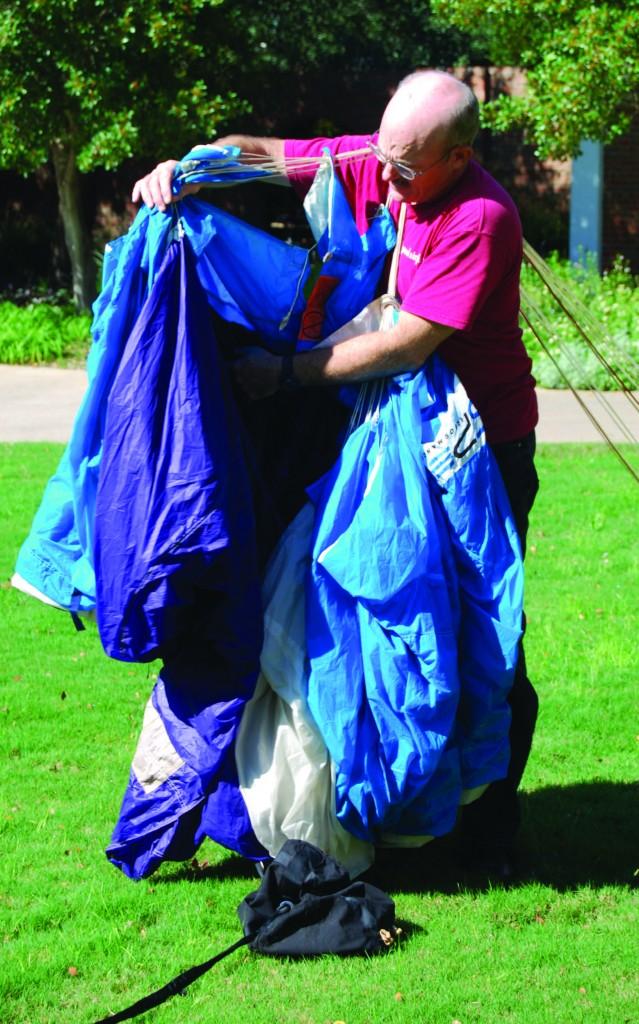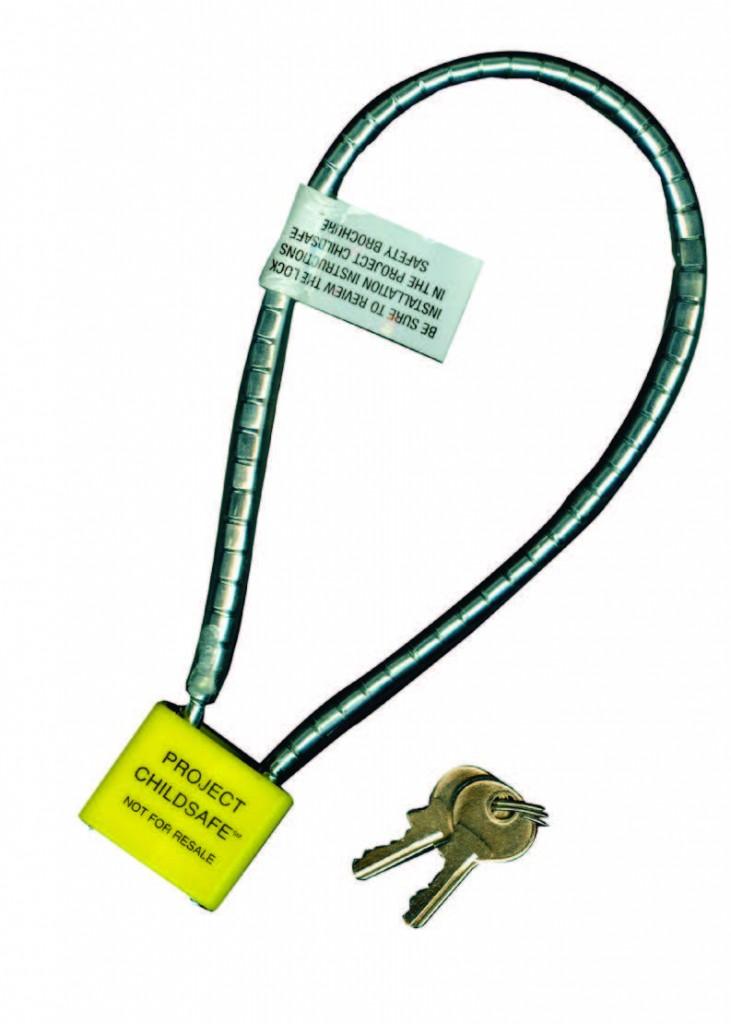By Edna Horton/nw news editor
NW Campus has a new program to teach English to speakers of other languages.
The ESOL program is an undergraduate course for students who come to learn English for work, life skills or college preparedness or who have already received an associate degree in their own country but need one in the United States.
This fall, the ESOL Program launched on NW Campus. It focuses on the student who has academic aspirations but isn’t ready for college transfer courses.
Anita Biber, instructor of ESOL and reading on NW Campus, said everything she does in the classroom helps prepare students for academic success.
Biber said the program is for students with English proficiency, but non-English speakers can take the ESL program through continuing education and move up to the ESOL program.
“We still have a great program through continuing education, which prepares students for life and work skills, but now we have classes that are specifically for students who say ‘No, I’m going to get a college degree,’” she said.
Courses offered in the ESOL program include oral communication, writing and grammar, reading and vocabulary and composition. Students also participate in learning communities where they join in drama and geography classes.
Biber said teachers noticed they were not meeting the students’ needs. In the past, classes were cross-listed, and teachers began to feel as if they were leaving out some students. With two different curricula and missions, students were not being challenged enough, she said.
“If we had a class of 20 students, some of them were in the class to focus on work and life skills, and some of them were there to focus on academic skills,” she said.
In the past, students went to a four-year university for the academic program, Biber said. TCC wanted to start a program that was more affordable and more flexible than a four-year university so students could still work and go to school.
Conrad Herrera, NW Campus learning lab manager, teaches the Level One students, who are intermediate English speakers. He takes his students once a month to participate with the drama students. He said both sets of students enjoy the interaction. They participate in the different activities that drama students would do in class.
“Last time, we did an activity where an ESOL student and an actor, they would take turns, and one student would say three random words that would make no sense at all,” Herrera said. “So I could say chair, pencil and cell phone. Then the actor would make a story of those three words. Then after he told his story, he would say three words and the ESOL student would make a story.”
Matthew Mwamba and Arturo Ramos are two NW students enrolled in the ESOL program.
Mwamba who goes to school for business, is from the Congo and mainly speaks French. Mwamba wants to go into business and thinks the classes are important because everyone should know English.
“We live in the United States, and the language we speak is English,” he said. “I think it’s going to be a good thing. If they could come and learn English, they could do something big.”
Ramos, who is from Mexico, hopes to get into a university and study communication. He knows that English is important for his career. Ramos said he was nervous about speaking English before but has become more confident now.
Michelle Menchaca, ESOL instructor on Trinity River Campus, is already recruiting from local high schools, community centers and on campus as well. Currently, the only test offered to place ESOL students is the Accuplacer, but they are now offering an Accuplacer ESL test to better place students.
Menchaca said she’s excited that full-time students can receive financial aid to pay for classes.
The ESOL program will be offered on NW, NE and TR campuses this spring. Counselors on any campus can help interested students. Students may also contact Biber on NW Campus at anita.biber@tccd.edu or Menchaca on Trinity River michelle.menchaca@tccd.edu. On NE Campus, contact Modesta Tollison at modesta.tollison@tccd.edu or Mary Williams at mary.williams@tccd.edu.

























